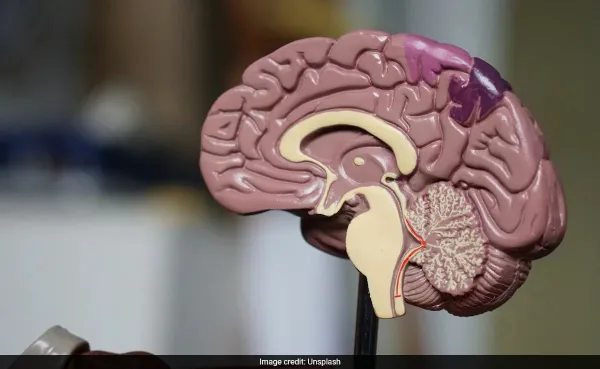
For years, maybe decades, time-outs have been the thing a lot of parents go for when their kid completely loses it. The classic, send them off somewhere, let them “cool down” and then bring them back when it is over but the thing is that it does not always work the way we hope. Sometimes it just makes them feel worse — like they are in trouble for having feelings they couldn’t control.
A 2022 study,
Parent emotional regulation : A meta‑analytic review of its association with parenting and child adjustment, focused on boosting parents’ capacity to recognise their emotions and put in place strategies to regulate negative emotions. This meta-review of 53 studies highlighted that parents’ emotion regulation skills are strongly linked to supportive parenting behaviours and children’s emotional and behavioural adjustment. It suggested that by improving how parents manage their own emotions, they are better positioned to model regulation, respond to meltdowns constructively and foster adaptive behaviours in children.

A meltdown is not really them being bad on purpose. It is more like they are drowning in emotions and do not know how to swim. Juwariyah Fatima and Pragyan Dangwal's recent research,
The Role of Parenting Practices in Developing Emotional Regulation Among Children (2025) published in
The International Journal of Indian Psychȯlogy, found that a significant correlation between parental emotional support and children’s ability to regulate emotions. In the correlational study of 50 parent–child pairs (children aged 9–14), higher levels of parental emotional support were strongly associated with better emotional regulation in children. This underscores the power of supportive parenting during emotionally intense moments.
For a long time, parents have used time-outs to calm down their kids by taking them out of a situation. When kids have meltdowns, they are not being defiant, they are just feeling too much. Kids often need connection, not distance. For a long time, parents have used time-outs to calm down their kids by taking them out of a situation. When kids have meltdowns, they're not being defiant, they're just feeling too much. Kids often need connection, not distance. In an interview with TOI, Dr. Rahul Chandhok, Senior Consultant and Head Psychiatry at Artemis Lite in New Delhi's NFC, suggested the following tips and recommended that instead of sending them away, try to make these times into chances to learn that will help them build trust and emotional skills.
The time-in approach
Instead of sending your child to another room, sit together in a quiet place. Be there for them without talking too much at first. Your calm energy lets them know they're safe, and after the storm passes, you can talk to them about what happened in a calm way.
Reflective pauses

When feelings are strong, pressing pause instead of eject can help. Step aside and sit quietly together, holding hands or just being there. After the breathing slows down, ask questions like What were you feeling? or What could we do next time? This teaches kids to be aware of their feelings instead of being afraid of getting in trouble.
Breathing together
When kids experience big feelings, they can feel a physical overstimulation. Tell them to take a deep breath and slowly exhale. You could activate their imagination by pretending to smell the flowers and blow out the candles or use a fun pinwheel to practice. Not only will their body relax, but the child will also learn a lifetime coping skill to manage stress.
Drawing break
Let them be creative. Let them draw how they feel or write a short story about a small character who felt the same way. This gives them some distance from the problem and lets them talk about how they feel without being scared.
Problem solving after calm
After the meltdown is over, talk about what caused it and come up with ideas for how to fix it together. This makes your child feel like they are important and heard, and it turns fights into teamwork.
Meltdowns are not simply problems, they are a window into how your child is experiencing the situation. You can help your child feel safe, understood and able to cope with big feelings in healthy ways by replacing disconnection with connection.
-
Vitamin B12 will increase in the body at the speed of a bullet. Just eat this dal in this manner, then vitamin B12 will not decrease

-
Potatoes are not bad for type 2 diabetes. But, here’s what you should know

-
Why the Triangle of Death on Your Face Could Be a Serious Health Threat?

-
Covid’s hidden damage: How the virus is putting women’s hearts at risk

-
Doctor Reveals 5 Simple Hacks To Boost Brain Health, Make It Sharper
